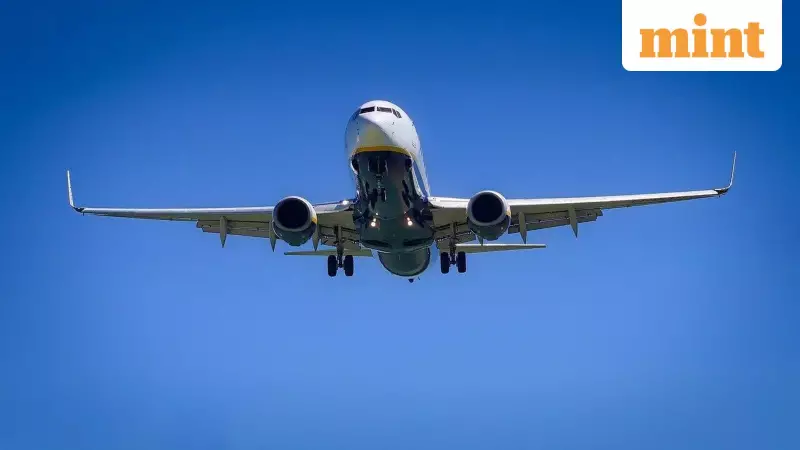
The United States Federal Aviation Administration (FAA) has raised a red flag for major airlines, issuing a critical warning about a potentially hazardous situation for aircraft operating in Venezuelan airspace. The alert, released on Friday, 21 November, urges carriers to exercise extreme caution.
Escalating Threats in Venezuelan Airspace
The aviation regulator's notice points to the worsening security situation and heightened military activity in and around Venezuela. It explicitly states that these emerging threats could pose significant risks to civil aircraft flying at all altitudes. This warning comes amidst a notable increase in American military presence in the region in recent months, which includes the deployment of the US Navy's largest aircraft carrier, at least eight other warships, and advanced F-35 fighter jets.
Furthermore, the US government under President Donald Trump has taken action against vessels allegedly carrying narcotics from Venezuelan shores and other Latin American countries. While US passenger and cargo carriers have not operated direct flights to Venezuela since 2019, many routes to South America involve overflying the country.
Airlines Respond and FAA Mandates Strict Protocols
In response to the growing concerns, major US airlines have already adjusted their flight paths. American Airlines confirmed it stopped overflying Venezuela in October. Similarly, Delta Air Lines stated it had ceased operations over the country some time ago, as reported by Reuters.
To enhance safety, the FAA has now made it mandatory for all US airlines to provide at least 72 hours' advance notice for any planned flights through the region. This allows for better monitoring and risk assessment.
Specific Security Concerns: Advanced Weapons and GNSS Interference
The FAA warning details specific threats, alleging that the Venezuelan military possesses advanced fighter jets and sophisticated weapons systems capable of reaching or even surpassing the cruising altitudes of commercial airliners. There is also a identified risk from air defence systems and anti-aircraft artillery at lower altitudes.
A particularly alarming issue for modern aviation is the increase in Global Navigation Satellite System (GNSS) interference reported since September. The FAA notice revealed that several civil aircraft have experienced GNSS interference while transiting the area, with effects sometimes lingering for the entire flight.
GNSS jammers and spoofers can impact aircraft from up to 250 nautical miles away, disrupting a wide array of critical communication, navigation, and surveillance equipment essential for flight safety.
While the FAA notes that Venezuela has conducted multiple military exercises and mobilized thousands of troops, it also clarifies that Venezuela has not expressed any intent to target civil aviation. The agency has committed to continuously monitoring the risk environment for US civil aviation in the region.





